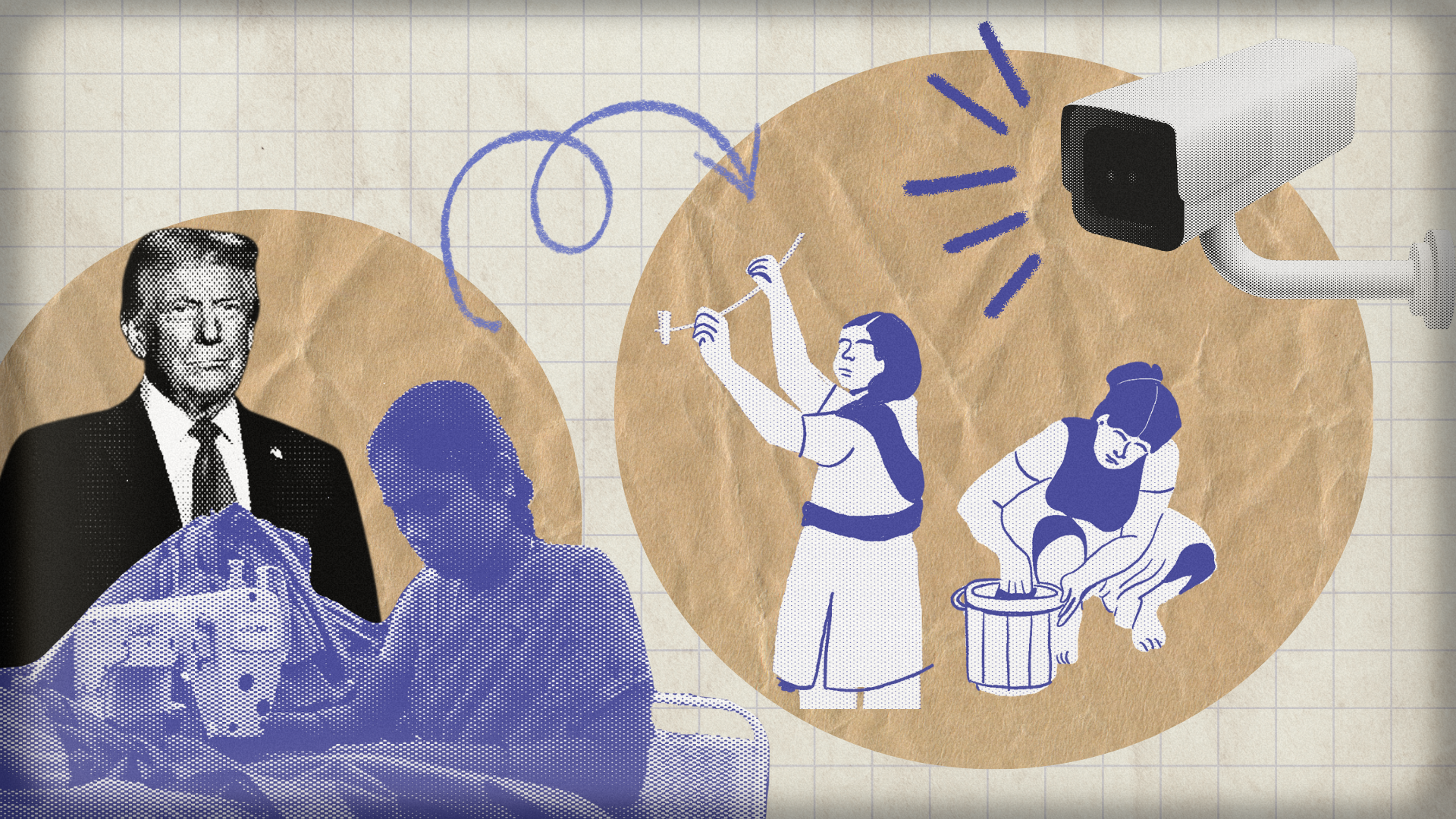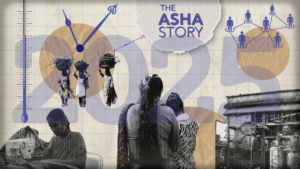Hello Behans!
This month we returned from our mid-year publishing break. We travelled, sketched, read and some of us even celebrated birthdays.
Just as we were stepping into our break, disturbing events from Gurugram in Haryana had started to trickle in. Bengali-speaking migrant workers in the city and elsewhere in India were being subject to police checks of documents as part of a ‘verification drive’ – allegedly to weed out ‘illegal migrants’ and Rohingyas as directed by the home ministry. Many were being held in ‘holding centers’ and asked to produce documents to prove their citizenship. Panic had set in and workers packing their bags overnight and booking their tickets back to their homes in West Bengal.
Friends who lived in the gated communities in Gurugram where many of these migrant workers were employed as domestic workers told us about the enormous anxiety that they were gripped with. Some of their employers had told them that they were ‘illegals’ and soon they would need a visa to work here. Others said they understood their fear of a visit from the police to their shanties, but said they were helpless. Some offered help but women wondered what their empathic employer could do.
When some women indeed decided to go back to their home districts – Bardhaman, Nadia etc – some were told to report for work until the end of the month to avail their full wages. Such insensitivity and apathy was not new in the employer and domestic worker dynamic. We had reported on this and argued for a specific law for domestic workers as they were part of a unique workplace and labour market.
But these were extraordinary circumstances that called for a greater degree of sensitivity and care from employers. That led us to ask: what is an employer’s duty of care towards their staff? Especially when institutions of the state like the police were imposing hyper surveillance? Why did bodies like the RWAs not stand up? What are their legal and moral obligations?The pandemic in 2020 and the verification drives in recent times exposed the faultlines in informal work and more specifically in the care economy. This becomes a critical juncture to pose these questions and look for answers to advance the discourse beyond the apparent injustice of it all.
We asked Anuj Behal, our regular contributor, to investigate the situation on the ground and ask these fundamental questions that have remained outside the public discourse within India’s upper middle classes. Domestic workers like Mumtaz, activists like Shalini Sinha of WIEGO and employers like Shilpi Shukla helped us make sense of some of these questions. Read the story here.
Elsewhere, we were concerned about missing feminist understanding of trade and tariffs. By now, we are used to the US president Donald Trump dropping a bombshell a day. First came the 25% ‘reciprocal tariffs’ on Indian exports to the US. And then came another additional tariff of 25% as ‘penalty’ for buying Russian oil, pushing total tariffs to 50%. “I don’t care what India does with Russia. They can take their dead economies down together, for all I care,” he wrote.
Many, including producers and manufacturers, believed it to be a Trumpian threat, one that could be rescinded whimsically or with backdoor trade negotiations. But they did come into effect on the midnight of August 27, sending many into a state of panic. Most urgent reportage around the tariffs issue centered around trade and its likely impact on sectors and businesses and also discussions on how this could be a setback to an already ailing manufacturing sector.
We wanted to advance what we always believed and read: that trade and taxation were feminist issues. This paper shows how Trump’ s tariffs will disproportionately affect women both as producers, especially as they comprise more than 80% of labour in the lowest rungs of the supply chain and in poor wage conditions in export heavy sectors such as textiles, and also as consumers of goods especially of hygiene and reproductive health products, already taxed high.
We had been reporting on women in the garment sector since 2021, especially from Tamil Nadu’s apparel export districts like Tiruppur. We wanted to understand what the workers and factory owners were up against and what early arrangements they were making to hedge against the possible downturn. We also wanted to understand the accountability of other stakeholders — brands, suppliers, governments – in shock induced situations such as the current one. Nandita Shivakumar, Shreya Murlai and Mitali Moharir, who have been researching and campaigning on accountability of global supply chains, show us the ground reality and answer these questions for our readers. Read it here.
In the coming days, we will take the tariff story further and report on specific industries that are labour intensive with a heavy concentration of women – shrimp, electronics – and make sense of the changed new tax regime.







